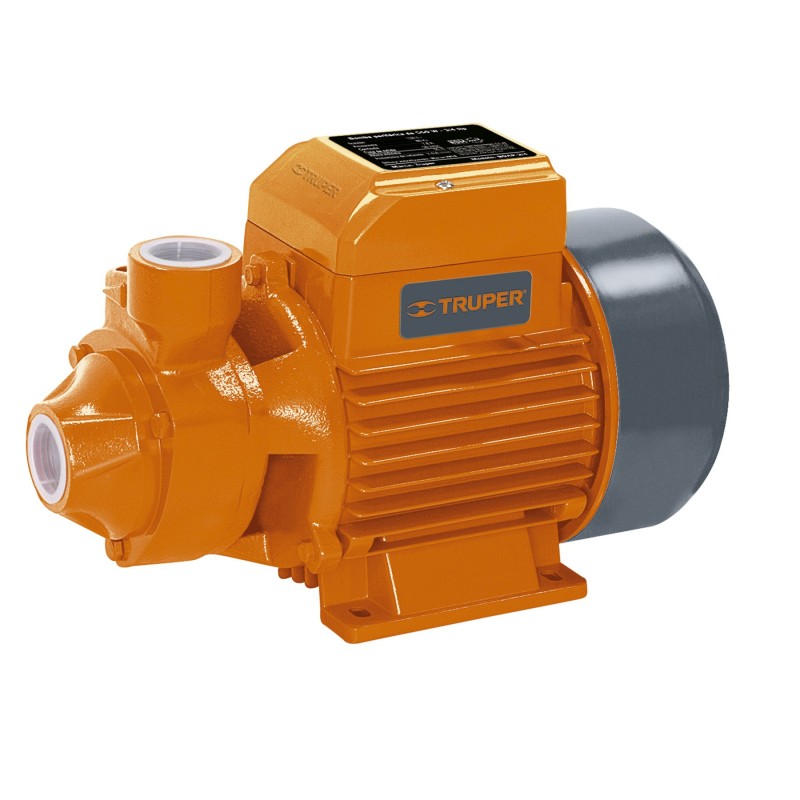
“When we’re quoting a customer, we’re looking at: Does the customer have natural gas available to them, or propane, or is the alternative fossil fuel? It’s the cost per Btu that the system’s going to provide, versus the alternative fuel source. “Heat pumps are just another way to heat your home,” he said. Heat pumps account for about 15 percent of Houchin’s business.

“We’ve been able to help homeowners realize tremendous savings. “They have to use oil or propane, and it costs two or three times as much,” he said. “Air source, water source, geothermal … all of those really do the same thing.”Ĭiovacco sees a lot of interest in heat pumps from homeowners who don’t have access to natural gas. “Heat pumps can be used for 100 percent heating, 100 percent air conditioning, dehumidification, and other applications,” Ciovacco said. About half of Aztech’s work is in new construction, and half involves existing homes. The company installs heat pumps mostly in single-family homes and in some small commercial buildings. John Ciovacco is president of Aztech Geothermal in Ballston Spa in upstate New York. They’ve paid for their system twice over.”

I go back to some of my first customers, and they’ve saved $40,000. Versus propane, they’re saving $1,000 to $1,500 a year. “They’ve all seen energy savings, thousands and thousands and thousands of dollars a year. “We’ve had excellent feedback with our ground-source customers,” said Brian Houchin, vice president/general manager of Bratcher Heating and Air Conditioning in Peoria, Illinois. Ground-source heat pump sales rose 37 percent from 2017 to 2018, due largely to the reinstatement of federal tax credits for geothermal - although geothermal remains just 1.7 percent of the market, according to Doug Dougherty, president and CEO of the Geothermal Exchange Organization (GEO). In the U.S., shipments of air-source heat pumps increased 14.8 percent from January 2016 to January 2017, 12.9 percent from January 2017 to January 2018, and 9.1 percent from January 2018 to January 2019, according to the Air-Conditioning, Heating, and Refrigeration Institute (AHRI).

Las bombas de calor Winston no solo son más eficientes que las calderas tradicionales y los calentadores eléctricos, sino que además brindan mayor seguridad y protección del medio ambiente.Īs electric and natural gas costs increase and cities and states pass energy standards and renewable energy tax credits, sales of energy-efficient technology - like heat pumps - get a boost. Además, al multiplicar el rendimiento de la energía eléctrica que consume, permiten al usuario ahorrar dinero.Įl uso de las bombas de calor brinda seguridad, ya que se evita cualquier tipo de accidente causado por explosiones o quemaduras eléctricas. Las bombas de calor transfieren el calor presente en el aire exterior –incluso en temperaturas menores a los cero grados centígrados- al espacio que quiera ser calefaccionado, por ende no queman ningún tipo de combustible fósil que perjudique al medio ambiente. Es inagotable, gratuita, mejora la eficiencia energética del sistema y reduce el consumo de energía primaria no renovable. Una bomba de calor es capaz de transportar más calor que la energía eléctrica que consume.Įs una tecnología que utiliza energía procedente de fuentes renovables disponible en el aire ambiente, el suelo o las aguas superficiales. Una bomba de calor es capaz de proporcionar calefacción, refrigeración y agua caliente sanitaria con un solo equipo todo el año, consiguiendo la temperatura perfecta en cualquier lugar, tanto en invierno como en verano y pudiendo también producir agua caliente de una forma sencilla, económica y respetuosa con el medio ambiente.


 0 kommentar(er)
0 kommentar(er)
